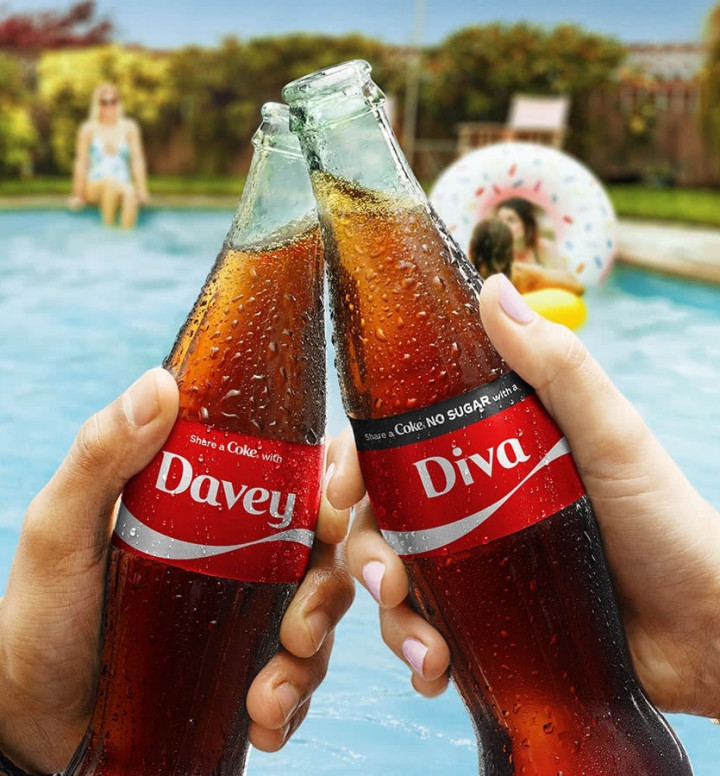Timothée Chalamet: "To be young is to be intensely judged"
From the Remix archives: Hollywood superstar Timothée Chalamet wowed film critics around the world with his recent horror/romance coming-of-age film ‘Bones and All’. He sat down with Jenny Davis to discuss reuniting with ‘Call Me By Your Name’ director Luca Guadagnino, working as a producer and his dream cast.
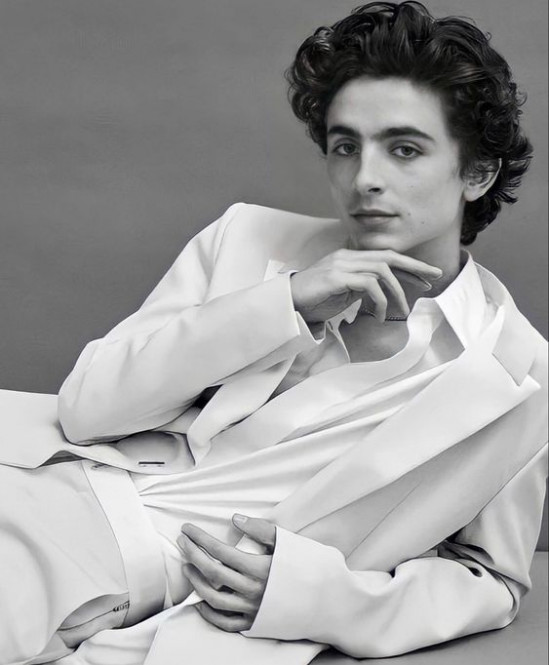
Timothée, you always make bold choices with your movies and this is no exception.
Yeah, crazy role, crazy movie, but it feels like people are getting it. Thank god. We worked very hard on it.
What was it about this role that made you feel it was irresistible, that you had to play it? Was it something to do with maybe a contrast with saving the world in 'Dune' to take something like this on?
Yeah, you know, perhaps some of that story is about someone who’s on prophecy, who is on a path that can’t get off it and it’s beyond him. I was dying to work with Luca again to tell a story that was grounded like the first story we hold together, but this time the American Midwest in the ‘80s, about people that are disenfranchised in every way possible, existentially disenfranchised. When he said that Chloë Sevigny, Mark Rylance, Taylor Russell... Taylor, who I had seen in ‘Waves’, who we had circled a couple of projects together that didn’t happen in the States. And This one came together very quickly. And that Luca, unlike any experience I’ve had in a movie, was welcoming my input in a script sense. And that Lee [his character] could be taken from an alpha jock more to a broken soul. That felt very attractive. And I can’t overstate, you know, like I said, Taylor in ‘Waves But growing up watching Chloë, seeing Mark on stage multiple times in New York. Excellent to work with Michael Stuhlbarg again and André Holland, who is excellent in this film. This is like a cast of artists and actors that you dream of working with.
Had you read this novel before making the movie?
I read the book before but we made slight changes to the script to make Lee maybe less alpha in some way and more a fellow broken spirit like Maren [Taylor Russell’s character].
What else attracted you to this script, besides to work with Luca Guadagnino again?
For me, it was getting to play someone that is lost and searching for themselves. And at a time where we’re in the height of the pandemic and there wasn’t a lot of social contact and we were all getting by on how we were understanding ourselves based on the stories we were simply telling ourselves about ourselves. And something felt true to Lee about that.
How much have you and Luca changed as an artist and director since you made Call Me by Your Name?
Well, I think artistically Luca has known his path – I can’t speak for him – but I feel like he’s totally, he's an auteur, you know, he knows what he wants. Personally, I feel like he went more from a father figure to a brother figure with his generosity of spirit. He didn’t have to make that transition. He could have kept, you know... but it's a wonderful graduation, in some ways. I can't ask any more as a son and now a collaborator. I wouldn’t be here without him. That’s true.
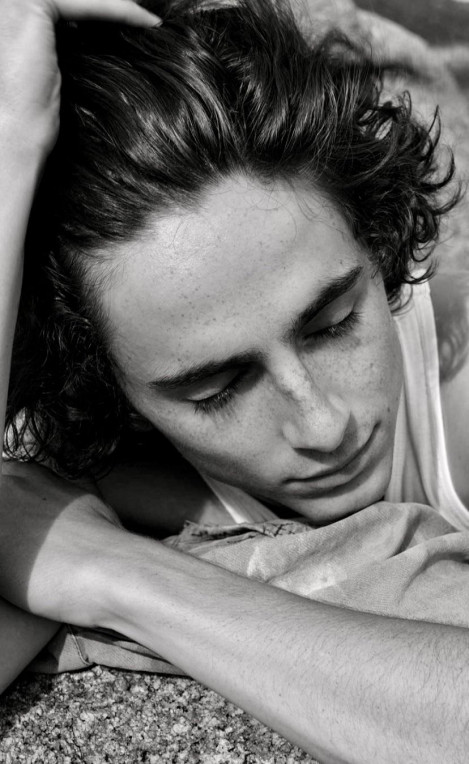
Tell us about your co-star Taylor Russell?
She’s amazing in this movie. Taylor was so extraordinary everyday and this is really her movie and was bringing so much intensity and vulnerability everyday that it was just like a joyride to be there with her. And one of the highest honours of my young career.
Can you talk about the theme of cannibalism in the movie?
I think the cannibalism is a metaphor for anybody that feels ‘other’ and unaccepted in a time where we put ourselves on the back by fitting into a box. And I think it’s so important especially for the value of art and people that have artistic spirits and broken spirits and pained spirits, to express themselves as they feel – not as they should feel.
There is a line in the movie, ‘the world of love wants no monsters in it’ but the film proves this affirmation to be wrong – do you agree?
I don’t know, we say the best interpretation is the audience's interpretation so someone could fairly watch this movie and say yes, and someone could equally go no, they don't belong.
Can you relate to Lee and Maren's feeling of not being understood, and who in your career has made you feel like you belong?
I can start with that when I feel like this man right here [Luca]. And like, as I grow older, and I’ve had those experiences too in friendship and other expressions to where you’re confirmed, you’re affirmed. And it’s not simply through the insane production lifestyle, making movies or acting in plays. But Luca, seeing me when I was 20, affirming me, telling me I had value as an artist, that my humanity was worthy of being captured in some way. It all sounds kind of vain but when that's all you have, when that’s where your ambition leads you, when for whatever reason you’re not as connected to a more normal youth or whatever, that was like this man gave me a gift I’ll be thanking him for the rest of my life.
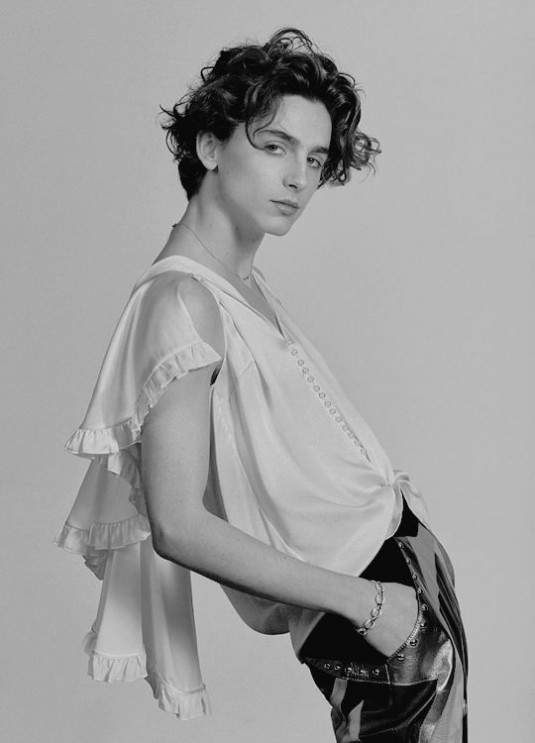
This is also a coming-of-age movie. Do you think that becoming an adult means that you finally see who you are and accept it, or it means that you decide who you want to be in life and act on it?
I don’t know. I think it’s what we struggle with all as humans –how much is in our control? How Much is nature, how much is nurture? Do we have any choice in where our life path lands? Or are we sort of pawns in a game?
The film is a really interesting examination of ‘how do we find the people that are like us?’ and that sometimes, you know, whether it’s through religion or politics or sexuality or, in this case, eating flesh – who’s our tribe? Could you talk about when you found your tribe?
Let’s say, for me, my tribe growing up in New York was theatre people and realising that those are my people. Seeing Mark Rylance on Broadway In ‘Jerusalem’ when I was around 12/13 years old, Denzel Washington in ‘A Raisin in the Sun’. I lost my grandmother this year and I realised she was passing, my mom and I were talking about ‘Kiss Me Kate’, a musical that she had been in when she was young. As someone that sort of struggled, as you just said, who my tribe was. Where I came from with parents from very different backgrounds. I realised as my grandmother was passing that without sounding, you know, that we’re show people and we’re theatre people and actors, I felt at home in that moment. This movie, this script that we developed with Luca and Dave[Kajganich], that was made at the height of the pandemic. And I think a big part of it was a tribe-lessness, was being cut off from the social contact that helps us understand where we are in the world that so many of us were understanding where we were based on the story we were telling ourselves as opposed to social contact and what usually gets us by. And I saw this story about Maren and Lee, primarily, Maren because this is Taylor’s movie and she does a beautiful job of carrying it. They are intensely isolated young people without identity really yet. They find affirmation through the mirror of love, through the mirror of each other’s gaze. I think, without giving anything away from Maren’s character, well, I can’t speak for Maren, but I think for Lee, that affirmation is strong at first. And I think many people have had that experience in love too, that affirmation can quickly lead you to the same like haunted-ness and helplessness.
When kids are in high school or middle school they are judged for their choices. These characters are being judged for things they can't really control. Have you ever felt judged by your choices?
I had the honour of interviewing Taylor for a magazine that she was doing and she’s into holistic wellness and I asked her if she can make any magic potion, if she was the Willy Wonka of magic potions, what she would make. And she said that she would make a potion that you take every morning and that it would remove your ability to cast judgement on people. And to be judged, right? And I think true to that sentiment, to be young now to be young whenever, I can only speak for my generation, but it is to be intensely judged, I can’t imagine what it is to grow up with the onslaught of social media. And it was a relief to play characters that are wrestling with an internal dilemma absent, the ability to go on Reddit or Twitter, Instagram, or TikTok and figure out where they fit in, which is ,without casting judgement on that, because if you can find your tribe there then all the power. But I think it’s tough to be alive now. I think societal collapse is in the air, it smells like it and without being pretentious, that’s why hopefully these movies matter. Because that’s the role of the artists, or so I’m told is to, you know, shine a light on what’s going on.
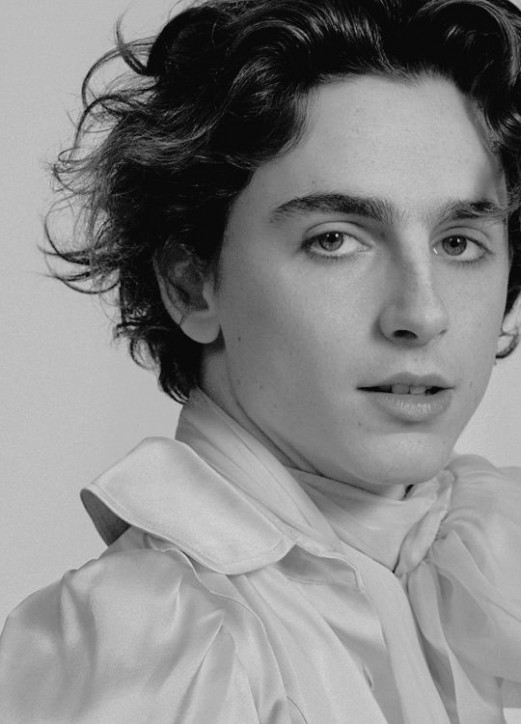
There is a sentence in the movie that says love is actually what saves us and sets us free. When do you feel free? and do you agree with this sentence in the movie?
Man that’s a beautiful question and a very personal one. But a beautiful one. I don’t know, I think, well, certainly from the lens of familial love and friendship love, yeah, I’m like, I mean, I have friends and wonderful relationships here. I feel like between Luca and my new friendship with Taylor, you know, I feel that love strongly too. And then for the other kinds, you know, I’m still very young, and I want to graduate from Lee and Maren’s love, that’s a love of just affirming that you’re worthy of being loved, to hopefully something greater.
This movie speaks of marginalisation and solitude. At this point in your life, with the success you've had, do you sometimes feel marginalised and lonely? Do you relate to your character on that level?
You know, I definitely wouldn’t use the word marginalised because the gift of getting to work with Luca again and the gift that he gave me of a career and getting to work with Chloë and Andre and Mark and Taylor, that’s a great gift, so I wouldn’t say marginalised. I think the isolation these characters feel in the movie came less from success in my personal life and more what everyone was experiencing in the pandemic and how intensely socially isolated we were. Not that we’re attention-hungry, narcissistic beings. But nonetheless, you need that contact to understand where you are. And I felt a similar disillusionment that I think Lee was feeling in script at that point.
Finally, you are credited as a producer on this. Can you tell us a bit about how that came about? And is that something you would like to do more of?
Well, I can just thank Luca again. Luca, who is fatherly with me and guiding me in that process for the first time. I think the only or the biggest reason I could even claim that is the work that David [Kajganich] and Luca and I did before the movie started, how much you worked on the script, with Camille’s [DeAngelis] blessing, the author of the book, so thank you for that. And it was a wonderful experience. I can’t say that I was, you know, helping organise schedules or anything like that [laughs]. But it’s something I hope to continue doing and hopefully even be able to make things that I’m not in that help bring voices and faces to screen that historically don’t get the opportunity so much.
Imagery via Pinterest



